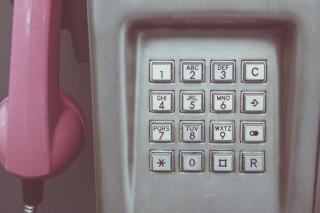 Certain organizations are known for providing amazing customer service. Social Security is not usually one of them. However, there are some services that Social Security does offer that are not well known and that could make life easier for many.
Certain organizations are known for providing amazing customer service. Social Security is not usually one of them. However, there are some services that Social Security does offer that are not well known and that could make life easier for many.
Good news is hard to find when it comes to dealing with large government bureaucracies, including Social Security. That makes this information provided by AARP’s article, “Discover Little-Known Social Security Benefits,” especially welcome.
Some years ago, Social Security officials saw that the long waiting time for decisions on disability applications was resulting in severe hardship for the seriously ill. As a consequence, the agency established the Compassionate Allowances List.




























